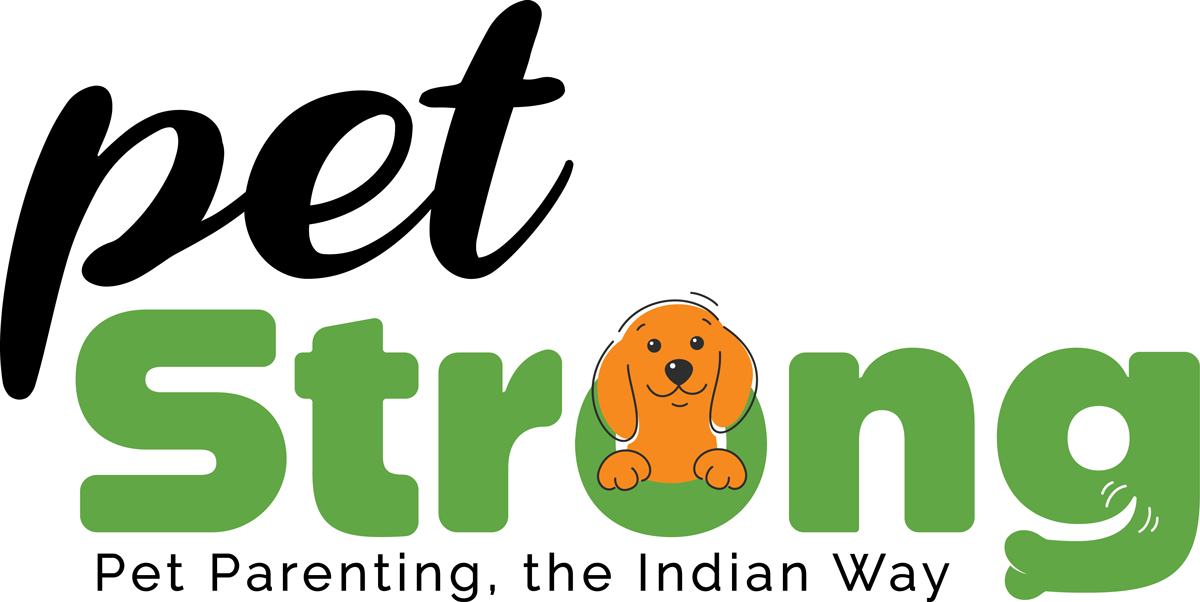Shih Tzu - Affectionate, Playful, Alert
- Social (9/10) : Shih Tzus are known for their friendly and affectionate nature. They are generally good with children and other pets, making them excellent family companions. They thrive on human interaction and enjoy being part of the family activities.
- Intelligence (7/10) : Shih Tzus are intelligent but can be somewhat independent and stubborn. They are quick learners when motivated by positive reinforcement but may require consistent and patient training.
- Protection (4/10): While Shih Tzus are alert and can be good watchdogs, they are not typically considered strong protectors. Their small size and friendly nature mean they are more likely to greet strangers than to guard against them.
- Height - Males and Females: 9 to 10.5 inches
- Weight - Males and Females: 4.5 to 7.5 kg
- Life Expectancy - 10 to 16 years
About Shih Tzu
The Shih Tzu is a small, toy breed known for its luxurious coat and friendly demeanor. Originating from Tibet and bred as a companion dog for Chinese royalty, Shih Tzus have a long history as beloved pets. Their distinctive appearance, with a flat face and flowing coat, makes them a standout breed. Despite their small size, they have a strong personality and are known for their affectionate and playful nature. Shih Tzus enjoy being pampered and are well-suited to apartment living or homes with smaller yards.
Shih Tzu Diet
Shih Tzus need a balanced diet to maintain their health and coat quality. High-quality dog food that is rich in protein and essential nutrients is ideal. Their diet should include sources of lean meats, vegetables, and whole grains to support their small size and energy levels. Portion control is important to prevent obesity, which can lead to health issues. Avoid feeding them human food, especially items high in fat, sugar, or salt. Regular feeding schedules and a focus on nutrient-rich foods will help keep them healthy and happy.
Check Your Dog Health Status: Dog Nutrition Calculator
Shih Tzu Diseases to Look Out For
Dental Issues
Dietary Interventions
Shih Tzus are prone to dental problems due to their small mouths and crowded teeth. Providing dental chews and incorporating dental care into their routine can help maintain oral health. A diet that supports dental health can also be beneficial.
Brachycephalic Obstructive Airway Syndrome (BOAS)
Dietary Interventions
Due to their flat faces, Shih Tzus may experience breathing difficulties. While diet doesn't directly impact BOAS, maintaining a healthy weight and providing a well-balanced diet can help manage respiratory health.
Eye Problems
Dietary Interventions
Shih Tzus can be prone to eye issues like dry eye or corneal ulcers. A diet rich in omega-3 fatty acids, such as fish oil, can support overall eye health and help manage symptoms.
Shih Tzu Wellness
Grooming Tips
- Shih Tzus have long, luxurious coats that require regular grooming. Brush their coat daily to prevent matting and tangling.
- Regular baths are necessary to keep their coat clean and healthy. Use a mild dog shampoo to avoid skin irritation.
- Trim their hair regularly to keep their coat manageable and to avoid eye irritation.
- Check their ears regularly for signs of infection and clean them as needed.
- Brush their teeth regularly to prevent dental issues, and consider dental chews to help maintain oral health.
Shih Tzu Supplements and Wellness
- Fish Oil: Rich in omega-3 fatty acids, fish oil can help improve coat health and support eye health.
- Probiotics: Probiotics can aid in digestive health and help manage any dietary sensitivities.
- Dental Chews: Dental chews can help reduce tartar buildup and support oral health.
- Exercise: While Shih Tzus do not require extensive exercise, daily walks and playtime are important to keep them active and prevent boredom.
- Veterinary Care: Regular vet checkups are essential to monitor their health and address any potential issues early. Discuss preventive care, such as vaccinations and dental care, with your vet.







